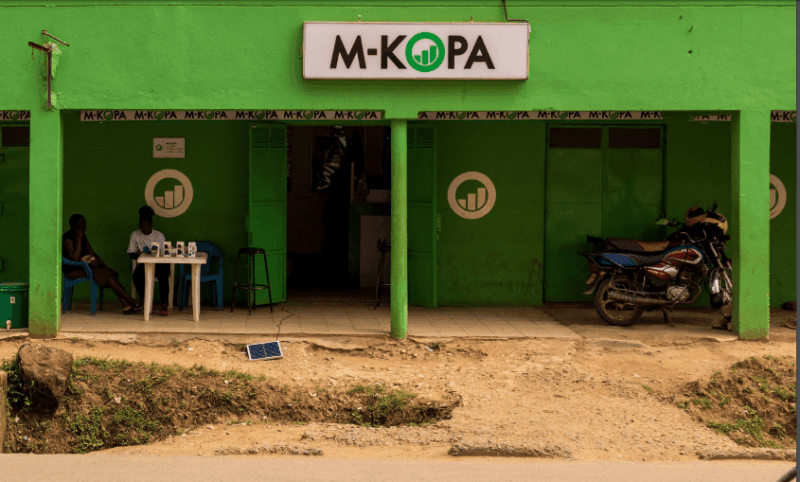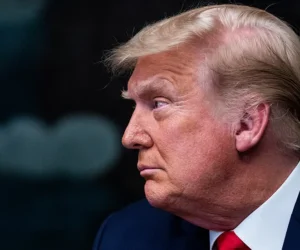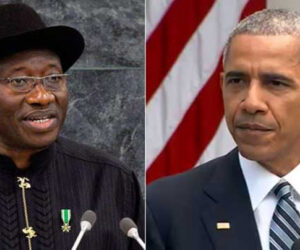Chad Larson, co-founder of M-KOPA, has lodged a formal complaint with the Capital Markets Authority (CMA), accusing the company’s board, its major investor, Sumitomo Corporation, and advisory firm Eden Global Partners of manipulating share prices. The manipulation allegedly took place in a buyback deal that purportedly takes advantage of Kenyan employees.
In a letter dated November 6, 2025, addressed to CMA Chief Executive Officer, Wyckliffe Shamiah, Larson claimed that the buyback process offered employees shares at a value representing a “95% discount” to the company’s true market worth.
He described this arrangement as a breach of fiduciary duty and alleged that it unfairly benefits Sumitomo and Eden Global through commissions deducted from proceeds intended for local shareholders.
Larson called for the regulator to suspend the transaction, investigate conflicts of interest, and order a new, independent valuation by a CMA-approved assessor.
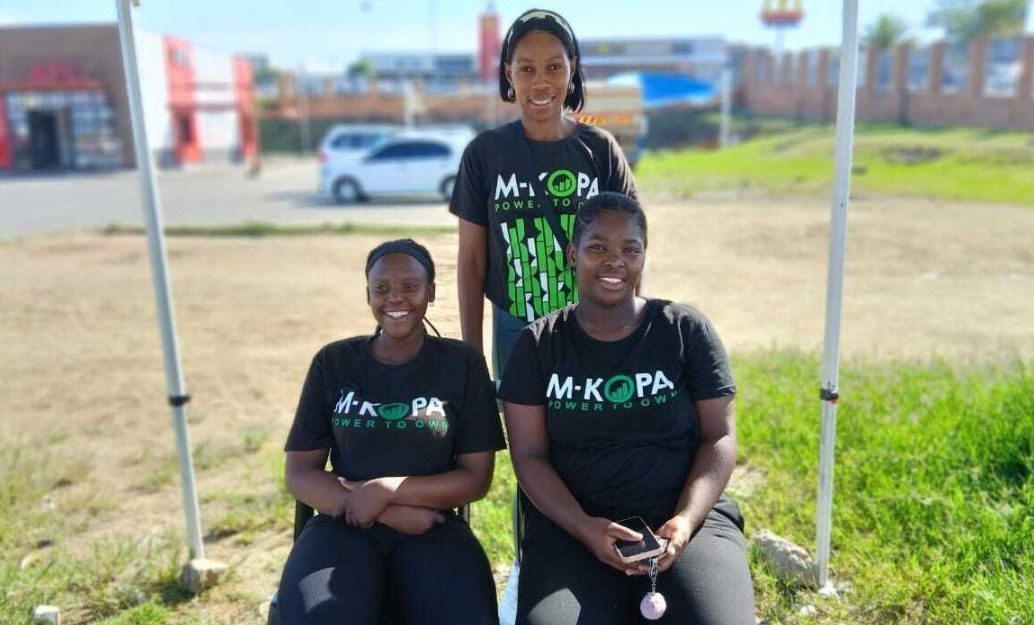
Alleged conflicts and employee exclusion in M-KOPA
The complaint highlights a potential conflict of interest concerning Sumitomo’s board representative, Eisuke Takenaka. Larson claims that Takenaka participated in discussions that could directly benefit his corporation. He argued that this involvement violates Kenya’s Code of Corporate Governance, which mandates that directors refrain from making decisions where their interests conflict with those of the shareholders.
Larson also accused M-KOPA of limiting internal communication regarding the buyback. Employees were allegedly instructed not to discuss the transaction among themselves or seek external legal advice. Those with fewer than 500 shares, classified as “minor shareholders,” were reportedly excluded from meetings and denied access to company notices and minutes.
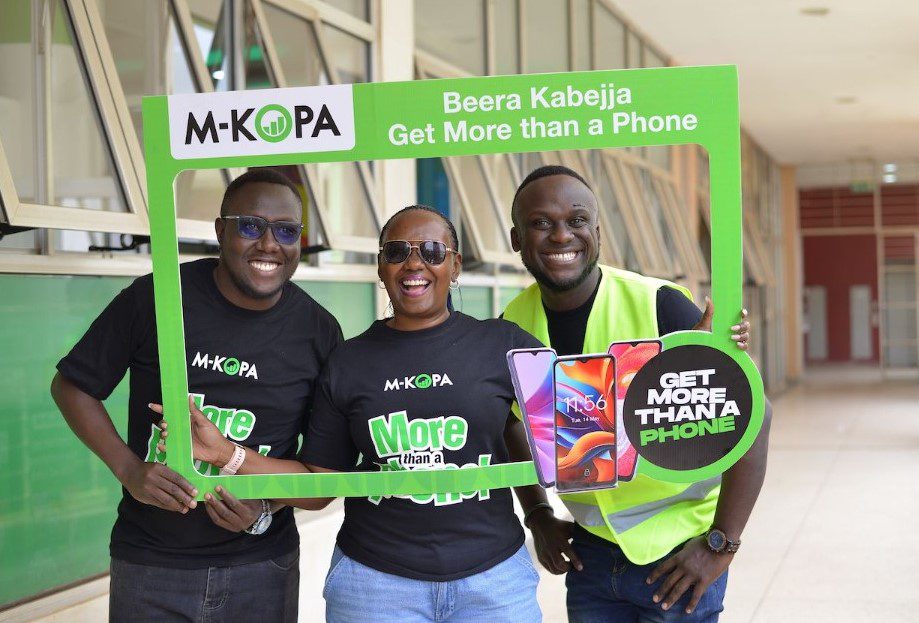

“These actions isolate employee shareholders and prevent them from collectively assessing the fairness of the buyback,” Larson wrote.
Also read: M-Kopa hits 1 million customers in Nigeria, its fastest country to reach that milestone
The allegations arose during a period of exceptional financial performance for M-KOPA. The fintech company reported its first annual profit in 2024, amounting to approximately $9.2 million (KSh 1.2 billion), following a revenue increase of 66% to reach $416 million (KSh 53.7 billion).
M-KOPA, which offers pay-as-you-go smartphones and solar financing, has expanded its operations to five African markets and has disbursed over $1.5 billion in credit.
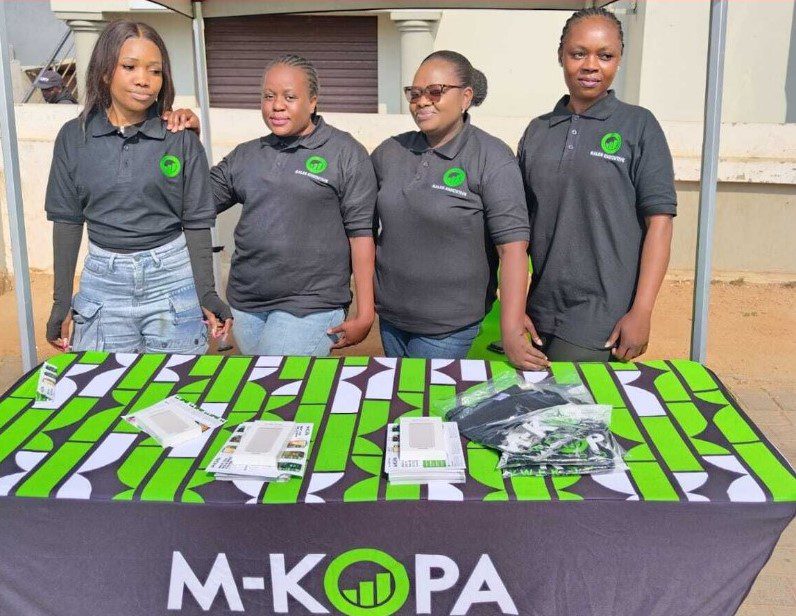

Larson’s claims underscore the tension between financial growth and corporate accountability. If proven, this case could set a precedent for how Kenya regulates share buybacks in private tech companies and may influence investor confidence throughout the region.
However, M-KOPA has not yet responded to the allegations.

